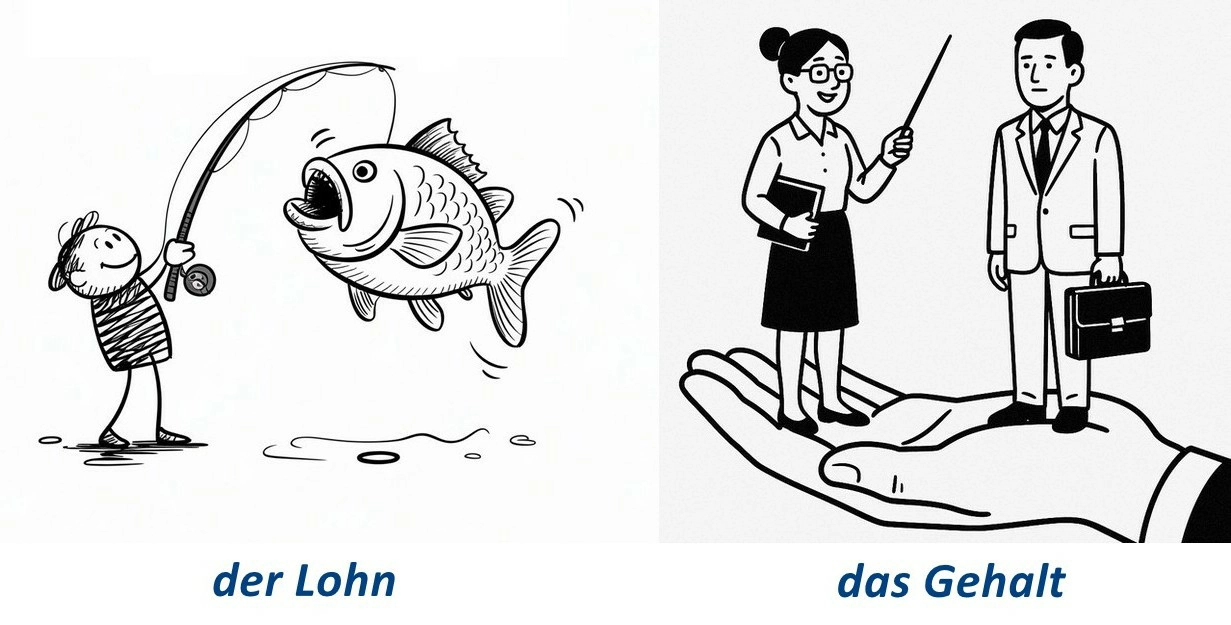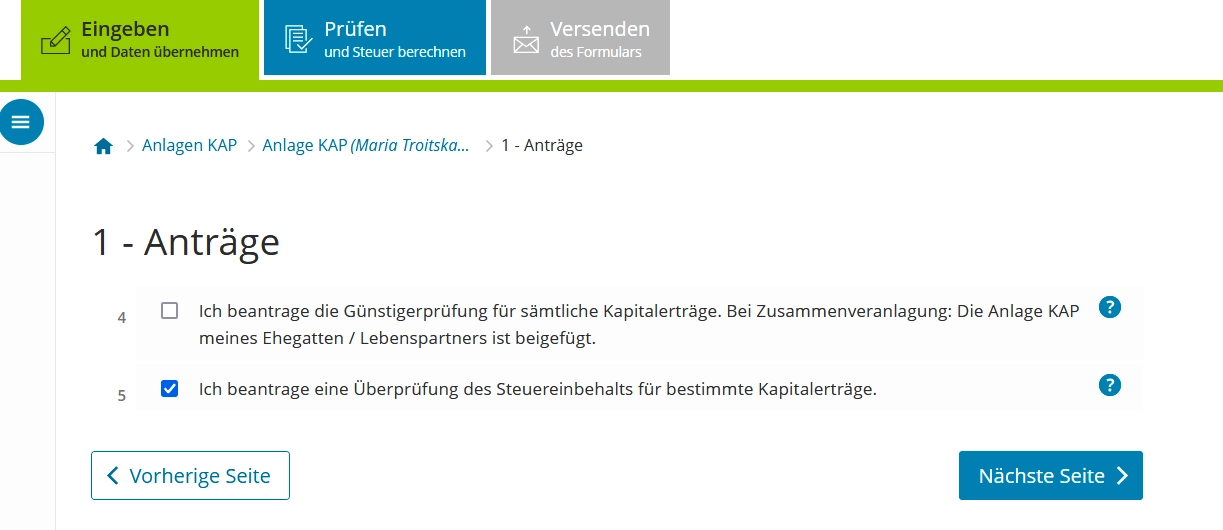At first glance, there is no difference – a salary is a salary – the main thing is that it is there. However, what you receive often says something about who you are. Let’s find out what the difference is: Lohn or Gehalt, or maybe Vergütung or Honorar? At the same time, we will sort out the eternal question: Einkommen or Einkünfte.
finance
Elections in Germany 2025
In a couple of weeks, there will be snap elections in Germany, as a result of the autumn collapse of the traffic light coalition. Usually I try to look at the programs from a distance, but this time the emotions around the elections are off the charts and the parties are not making the process any easier.
What’s new in Germany 2025. Consumption
As a sweetener to the ever-increasing levies, we have some novelties designed to simplify and improve our lives.
But let’s start with the bad this time.
What’s new in Germany 2025. Finance
The traditional column: how much more we will pay in the coming year. The main changes occurred in the previous reporting period, so in 2025, we will primarily be dealing with letting the dust settle.
Let’s start with the good news. We will still get something, but the amounts are small and completely eaten up by the price increase.
Is interest income taxable in Germany? Bank bonuses and interest income in declaration
After a fairly long period of interest rate drought, the banking situation has returned to more normal. Interest income began to flow into savings accounts again, and banks began to lure clients with bonuses. What does Finanzamt think about this? In this topic, we will consider when and how to document interest income and bonuses in the German tax declaration.
What is Aufhebungsvertrag
In this topic, we will find out what is Aufhebungsvertrag (termination of an employment contract by agreement of the parties), what pros and cons it has. In addition, we will explore what is Abfindung and Sperrzeit.
Changes in Germany 2024. Finance, tax, insurance
We continue to study the changes in Germany 2024. The previous post was rather sad – there they take our money and demand new demands. Let’s see if there will be any compensation in the financial, insurance, taxes and benefits.
What’s new in Germany in 2024. Mobility, energy, ecology, consumption
Traditional review “What the coming year has in store for us.” Obviously, nothing good, but maybe a couple of positive moments will sweeten the pill. This part is mainly about energy, ecology and consumer news: railways, cars, shopping.
What is Riester pension
Riester pension (Riester-Rente) exists since 2002 and is named after the Minister of Labor Walter Riester. This is a voluntary additional pension insurance, which is supported by the state with bonuses. It is believed that Riester pension is beneficial for families with children, low-income earners and high-earning singles. However, due to the high cost of maintenance and low interest rates, this type of savings is not so popular, as the government would like.
Used items in Germany: where to sell or buy, how they cheat
It’s a pity to throw away good used things, slightly scratched toys, once played puzzles, etc. At the same time, there are people who would like to save money. At least in theory they exist. Lately, I have begun to strongly doubt this, because even giving something away for free is extremely difficult. But this topic is not about the strange behavior of buyers who are so tired of inflation that they don’t take things for free, but about where you can sell/buy, how to find markets and how to avoid cheating schemes.


